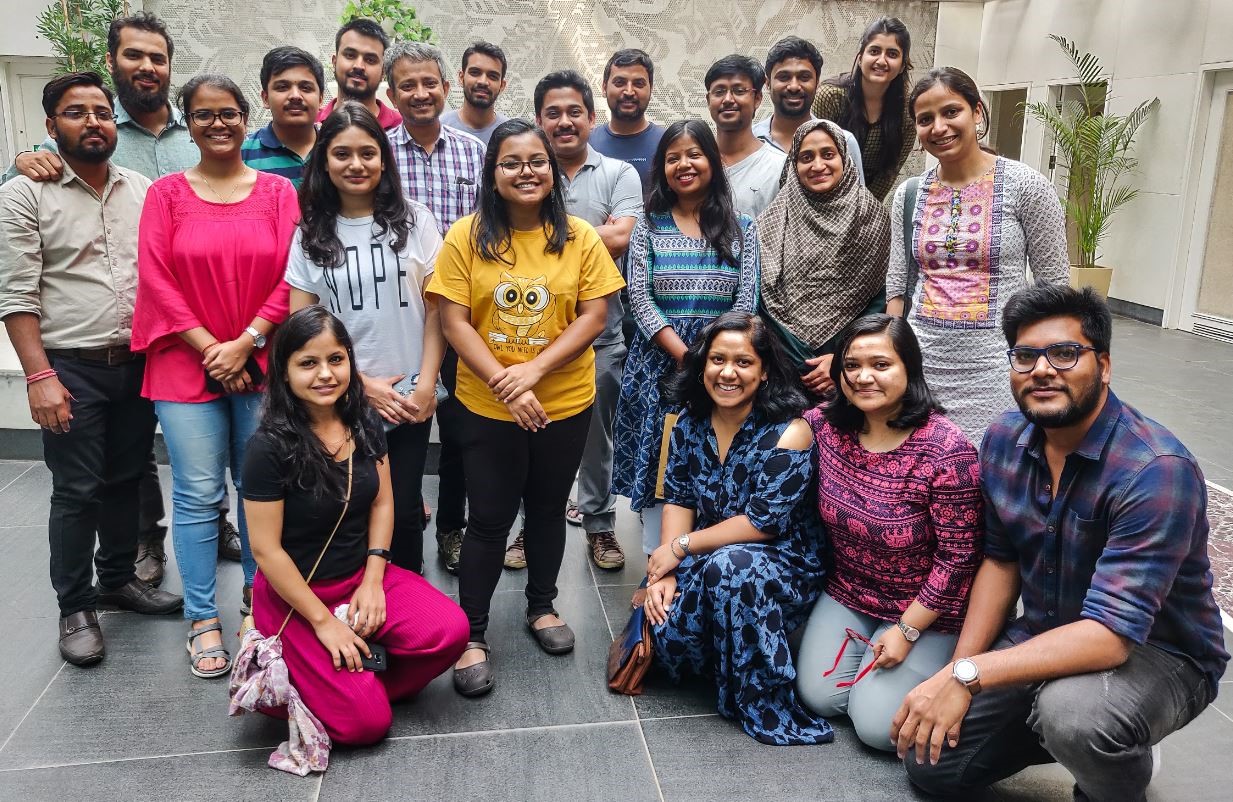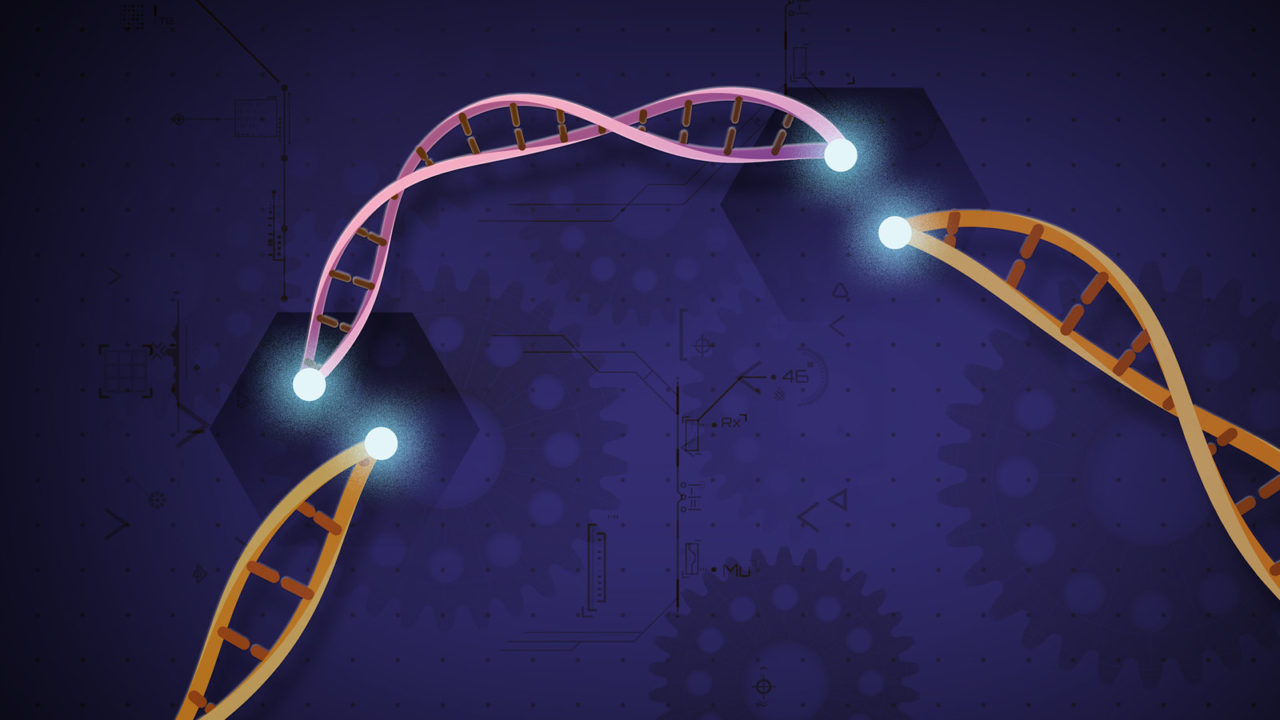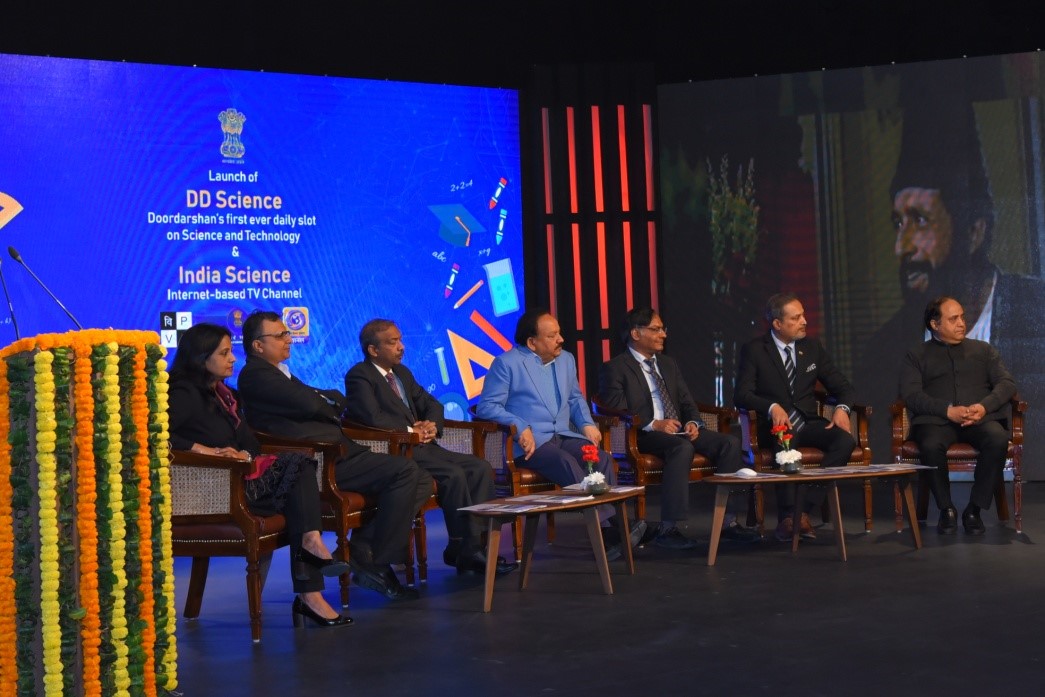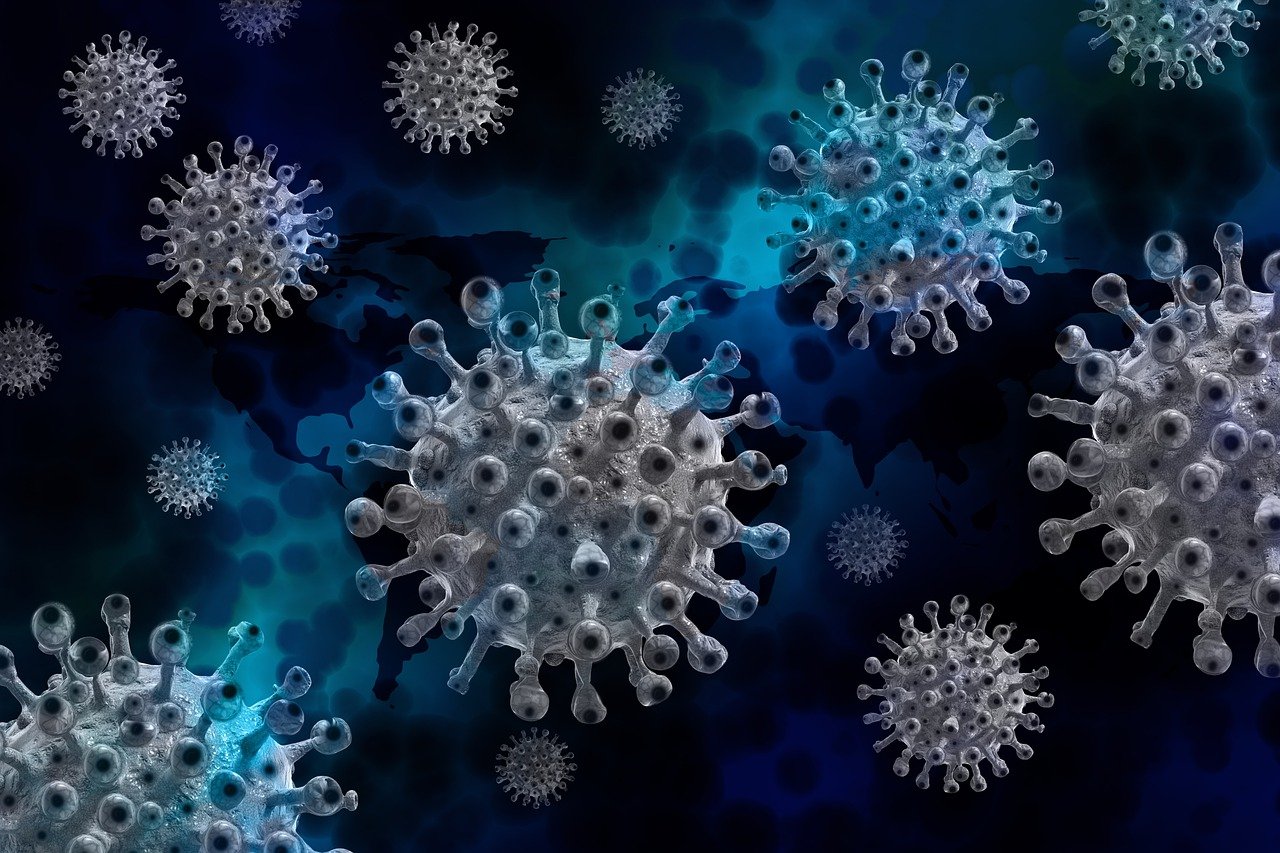Scientists have developed a new variant of a currently popular gene-editing tool, CRISPR-Cas9, and have shown that this variant can increase precision in editing genome while avoiding unintended changes in DNA.
The researchers have also shown that this type of gene editing can be used to correct sickle cell anemia, a genetic blood disorder. The experiments have been done in human-derived cells from patients of sickle cell anemia, according to findings of the study published in leading scientific journal Proceedings of the National Academy of Sciences (PNAS).

The study has been carried out by researchers from the Institute of Genomics and Integrative Biology (IGIB) of the Council of Scientific and Industrial Research (CSIR).
By reprogramming and using a naturally occurring gene-editing system – CRISPR-Cas9 – found in bacteria, scientists globally have been engaged in the ‘editing’ genome of various organisms. CRISPR-Cas9 stands for ‘Clustered regularly interspaced short palindromic repeats and CRISPR-associated protein 9.’
This protein can be programmed to go to the desired location in the genome and correct or edit defective strands (such as those involved in certain diseases) of DNA. The technology, when perfected, may be used to treat several genetic disorders. However, the current technique faces challenges as the ‘molecular scissors’ could sometimes miss its target and result in unintentional results.
One of the widely used Cas9 enzymes in gene editing is Streptococcus pyogenes Cas9 (SpCas9) and its engineered variants. They have been harnessed for several gene-editing applications across different platforms, but concerns remain regarding their off-targeting at multiple locations across the genome. To overcome these problems, Indian researchers used another naturally occurring Cas9 from bacteria called Francisella novicida.
“We have shown that Cas9 from Francisella novicida (FnCas9) can perform genome editing through homology-directed repair and this can be used for correction of disease-causing mutations,” said Dr. Debojyoti Chakraborty, senior scientist at IGIB, who led the study, while speaking to India Science Wire. “It has extremely high specificity of DNA interrogation and does not tolerate mismatches in the target both under in vivo and in vitro conditions.”
“This protein (FnCas9) has shown negligible binding affinity to off-targets differing by one or more mismatches, rendering it highly specific in the target recognition,” the researchers have observed in their study.
The technique has been applied to correct DNA derived from patients of sickle cell anemia. “We demonstrate FnCas9-mediated correction of the sickle cell mutation in patient-derived induced pluripotent stem cells and propose that it can be used for precise therapeutic genome editing for a wide variety of genetic disorders,” researchers said.
The research team from IGIB included Sundaram Acharya, Arpit Mishra, Deepanjan Paul, Asgar Hussain Ansari, Mohd. Azhar, Manoj Kumar, Riya Rauthan, Namrata Sharma, Meghali Aich, Dipanjali Sinha, Saumya Sharma, Shivani Jain, Arjun Ray, Suman Jain, Sivaprakash Ramalingam, Souvik Maiti, and Debojyoti Chakraborty.
If you liked this article, then please subscribe to our YouTube Channel for the latest Science & Tech news. You can also find us on Twitter & Facebook.



